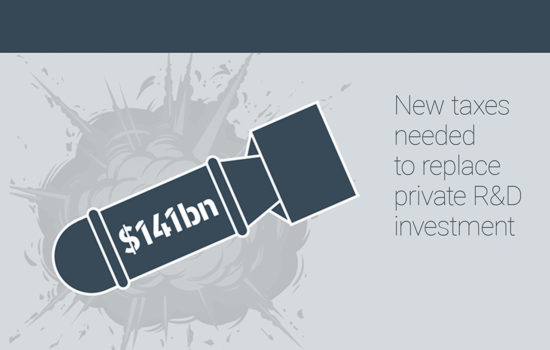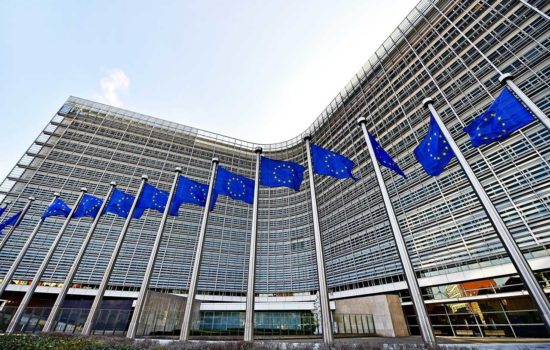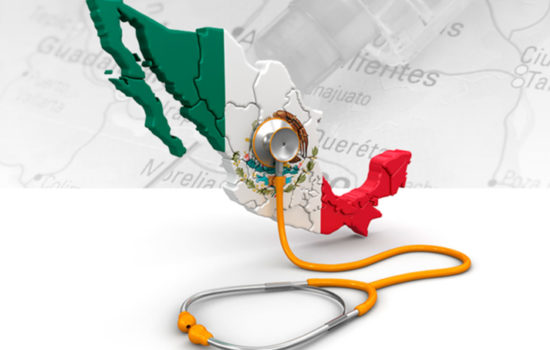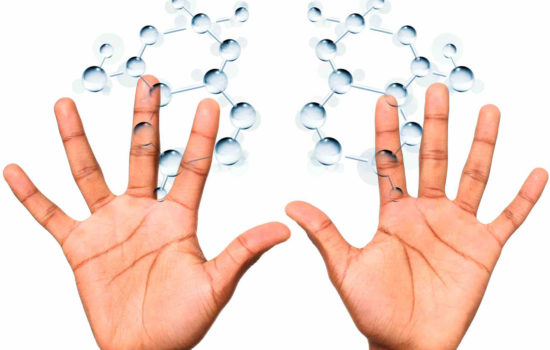
NAFTA and health: how trade improves health
Free trade has spread health technologies and knowledge around the world, write Philip Stevens and Nilanjan Banik.
Philip founded Geneva Network in 2015. His main research interests are the intersection of intellectual property, trade, and health policy. Formerly he was an official at the World Intellectual Property Organization (WIPO) in Geneva, where he worked in its Global Challenges Division on a range of IP and health issues. Prior to his time with WIPO, Philip worked as director of policy for International Policy Network, a UK-based think tank, as well as holding research positions with the Adam Smith Institute and Reform, both in London. He has also worked as a political risk consultant and a management consultant. He is a regular columnist in a wide range of international newspapers and has published a number of academic studies. He holds degrees from the London School of Economics and Durham University (UK). He is also a Senior Fellow at the Institute for Democracy and Economic Affairs, Malaysia.

Free trade has spread health technologies and knowledge around the world, write Philip Stevens and Nilanjan Banik.

Delinkage is not a silver bullet and can be politicised this is what is being discussed at the joint World Health Organization and Government of India meeting in New Delhi which is part of an international push led by countries, including India, and backed by NGOs, to slash drug prices.

By undermining a key intellectual property right, the Commission risk worsening the EU’s innovation performance, writes Philip Stevens.

without a more hospitable environment for innovative companies South Africa will stay marooned in its middle-income status. Legislators should therefore view the draft IP bill as an opportunity to turn the ship around.

Mexico could benefit from upgraded intellectual property rules to become a regional biotech hub, write Alberto Saracho and Philip Stevens.

The delinkage agenda under discussion in Geneva, while well-intentioned, is a distraction from practical solutions to increase access to medicines.

Understanding how exactly these structurally similar molecules work on the human body requires significant investments of time, money and expertise, write Jack Ellis and Philip Stevens.

Patents are necessary to incentivise research into this vital area of medicine, write Philip Stevens and Jack Ellis

Combining different drugs into a single pill can have enormous therapeutic benefits but research and development is difficult and costly, write Philip Stevens and Jack Ellis